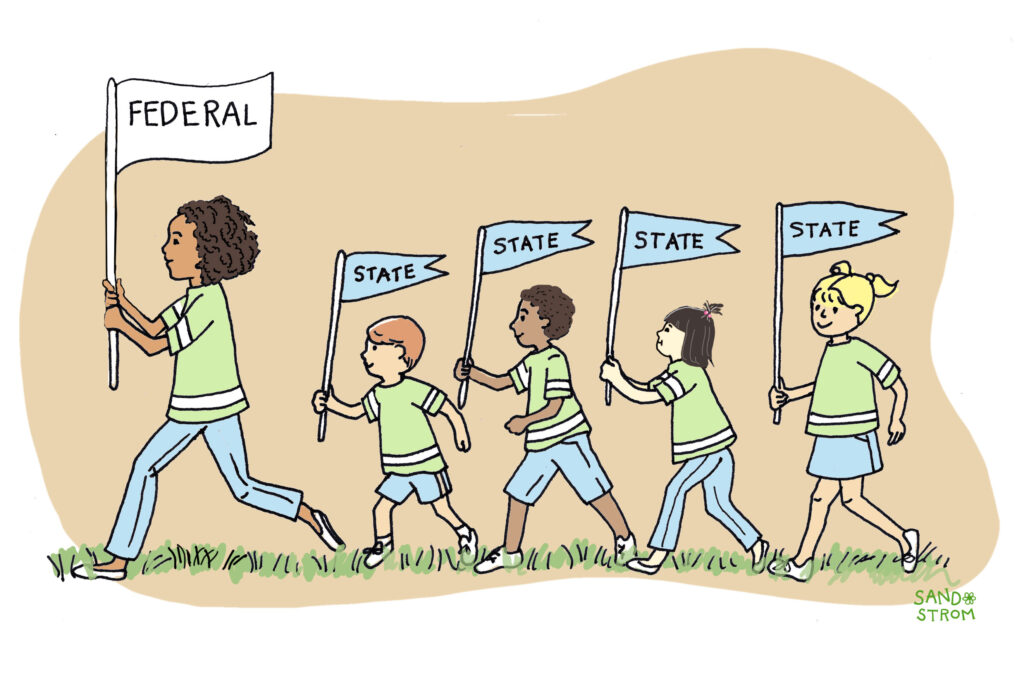The Trump administration on Friday made it risker and costlier for states to conform to the federal tax treatment of tipped income by telling workers in fields like consulting, health, athletics, and the performing arts that they could be eligible for an exemption.
The tax law enacted in July specified that those workers were ineligible. But on Friday, the administration issued formal guidance saying those workers did not have to abide by that part of the law, at least for the current tax year and probably for next year as well.
That means an unknown number of workers who previously were assumed to be ineligible for the tax break may nonetheless claim it. For the federal government, the decision will further reduce tax revenue, but it will not have immediate effect on public services because the federal government is allowed to run budget deficits.
For states, however, there is an immediate problem. States that have income taxes are now in the process of deciding whether they should conform to provisions of the new federal law. States that conform to the tip provision will lose revenue, complicating their efforts to balance their budgets and potentially requiring them either to raise other taxes or to cut state-funded services like K12 education and health care. Many already were facing possible budget shortfalls.
A state’s decision whether to conform depends in part on how much it would cost the state in lost revenue. Already, for example, Illinois, Maine and the District of Columbia have chosen not to conform to the tip exemption, in part because they would have lost significant revenue.
By contrast, Arizona and Colorado have indicated so far that they are conforming, notwithstanding estimated annual revenue losses in the current 2025-26 fiscal year of up to $24 million in Arizona and $90 million in Colorado.
But those revenue estimates – as well as the official federal revenue estimate that tip exemptions would cost the federal government $10.1 billion in the current fiscal year – now may need revision because they were presumably based on the plain language of the bill. That language expressly barred workers in a half-dozen industries from receiving the exemption. Friday’s announcement expanding the number of workers who can benefit, in contradiction to the plain language of the tax bill, means that the actual revenue loss is likely to be higher.
To be sure, estimating the revenue loss from this provision was already a highly risky endeavor. The rules on who can claim the tip exemption are complex, the data on who’s receiving tipped income is imperfect, and there remains the possibility that employers will shift workers into working for tips rather than wages.
And most workers still won’t benefit, even from the broadened provision. Only one in 40 U.S. workers, and only one in 20 low-wage workers, get any income in the form of tips. And for many of these, their income is already too low to owe income taxes, so they will not benefit from an exemption.





